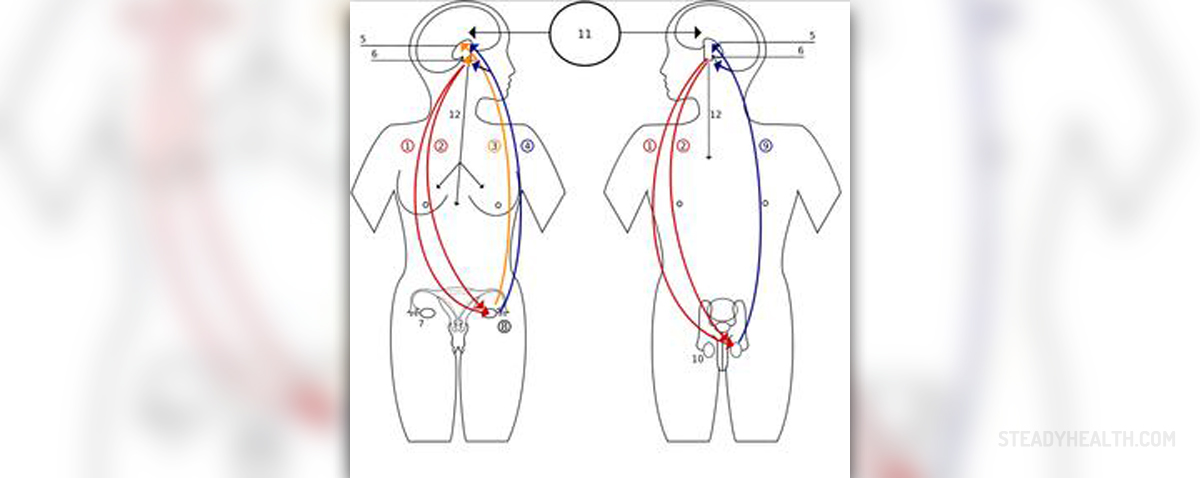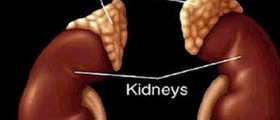
Human endocrine system actually comprises many glands located throughout the body. Some of these glands are located in our brain like the hypothalamus, epiphysis, pituitary gland, while others are in the neck, like thyroid and parathyroid glands or in our abdomen, stomach, duodenum, liver, pancreas or the kidneys (adrenal glands). Male and female reproductive organs, testes, ovaries, placenta and uterus are also parts of the endocrine system.
Endocrine System Info
Glands in the human body produce hormones responsible for various functions. The pituitary gland is sometimes also known as the master gland, since it regulates growth, development, reproduction and metabolism, all at the same time. There are several hormones produced by this gland and they actually perform all these tasks, including growth hormone, thyrotropin, prolactin and some others.
Endocrine system, in general may be affected by different medical conditions. One of the most common problems of the endocrine system is diabetes mellitus or just diabetes, but autoimmune adrenal insufficiency and Cushing’s syndrome are also frequently diagnosed conditions.
What Do You Know about Cushing’s Syndrome?
Cushing’s syndrome or hypercortisolism is a hormonal disorder caused by too much cortisol (hormone) in the blood. This condition may be caused by glucocorticoids or some tumor which produces cortisol and/or its precursors, ACTH ( adrenocorticotropic hormone) or CRH (corticotrophin releasing hormone). An adenoma of the pituitary gland is one of these tumors which produces too much ACTH and leads to increased level of cortisol and causes specific form of this condition, known as Cushing’s disease.
This problem is not very common and only several out of every million people suffer from Cushing’s syndrome. Patients are usually adults, between 20 and 50 years of age, while in just 10% of all diagnosed cases there are children or teenagers suffering from this problem.
Functions of Cortisol in the Body
Production of cortisol is affected by CRH, secreted by the hypothalamus and sent to the pituitary gland. This hormone stimulates production of ACTH, while ACTH affects adrenal gland and causes release of cortisol in the blood.
Cortisol is hormone with many functions, including the control of our blood pressure and cardiovascular function, as well as our metabolism. This hormone is also necessary when our body responds to stress or to some inflammation (it decreases the response of the immune system). Cortisol also breaks down sugar, producing energy and balancing effects of insulin in the body. All these functions can be severely compromised in patients suffering from Cushing’s syndrome.
















Your thoughts on this
Loading...